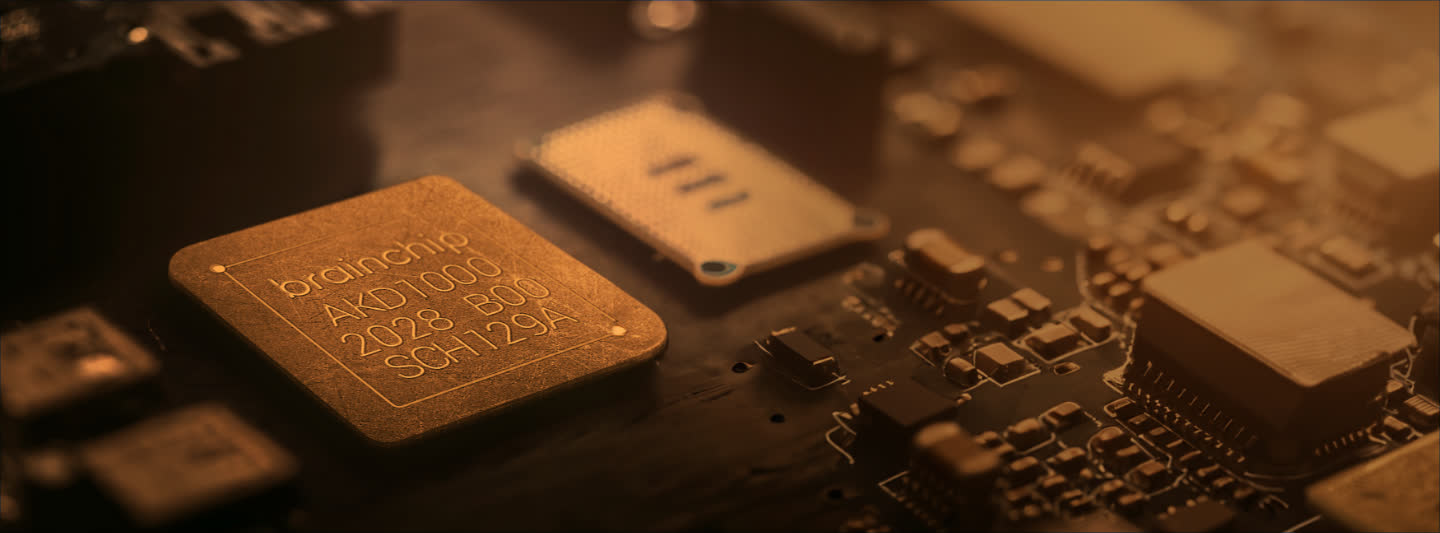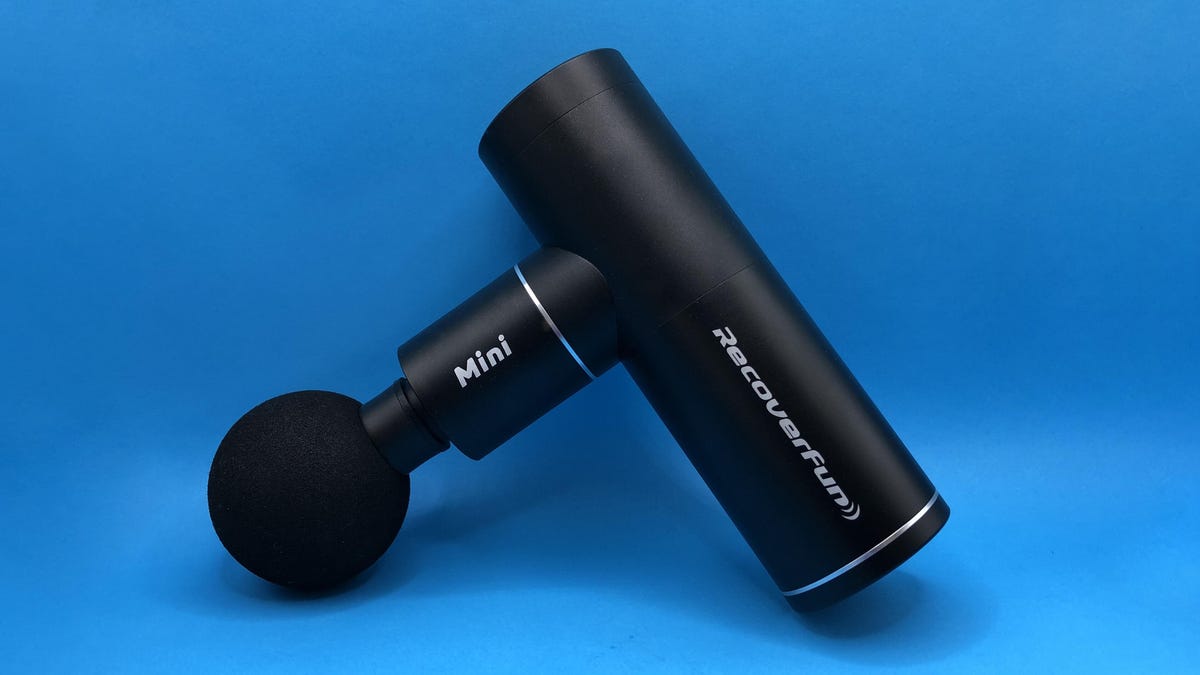Serving tech enthusiasts for over 25 years.
TechSpot means tech analysis and advice you can trust.
Why it matters: Australian hardware company BrainChip has unveiled its latest neural processor – the incredibly small and efficient Akida Pico NPU. Designed to be an AI accelerator, it could enable a new wave of intelligent edge devices that run on battery power alone, if everything goes as expected.
The Akida Pico packs BrainChip's event-based neural processing capabilities into an area of just 0.12 square millimeters. Yet despite that size, it can handle relatively intensive AI workloads like voice wakeup, keyword spotting, noise reduction, and sensor processing. And it does it all while consuming less than a single milliwatt of power.
Under the hood, the Pico is built around BrainChip's Akida2 neural networking engine, which is finely tuned for battery operation. It integrates 150,000 transistors in a digital NPU design along with a DMA engine and bus interfaces. Manufacturers can add SRAM, flash storage, and peripherals like GPIO to suit their needs.
The Akida platform allows the Pico to continuously monitor its inputs and wake up a main processor only when it detects something of interest, drastically reducing power usage. Filtering is performed by a neural network designed to eliminate any false alarms. This is quite different from microcontroller-based AI systems, which typically require duty-cycling – turning the CPU on and off in timed bursts to conserve power. In fact, the Pico doesn't require any host microcontroller at all to perform tasks and can function independently.

For its silicon, BrainChip is using GlobalFoundries' 22nm FD-SOI process. As for supported data formats, it can run FP32, INT8, and INT4 neural models, though INT8 is the prime target for the intended use cases.
"Like all of our Edge AI enablement platforms, Akida Pico was developed to further push the limits of AI on-chip compute with low latency and low power required of neural applications," said Sean Hehir, CEO at BrainChip.
The company envisions this tiny device as enabling AI voice interfaces for smart home appliances, wearable assistants, automated doorbell cameras, and a lot more – basically anything that needs to detect and classify audio or sensor events while running for long periods on a battery charge.
While BrainChip isn't giving out performance benchmarks, the Pico can reportedly handle limited neural models without problems, though it's certainly not meant for large-scale AI processing.
BrainChip aims to make the Akida Pico available as a standalone chip or IP block that makers can integrate into their own SoCs and microcontrollers.




:quality(85):upscale()/2024/10/29/625/n/1922564/ec222ac66720ea653c5af3.84880814_.jpg)
:quality(85):upscale()/2024/10/25/846/n/49351082/bfc0fdb3671bef086c3703.42134063_.jpg)
:quality(85):upscale()/2024/10/29/957/n/1922441/c62aba6367215ab0493352.74567072_.jpg)
:quality(85):upscale()/2021/07/06/971/n/1922153/7d765d9b60e4d6de38e888.19462749_.png)
:quality(85):upscale()/2024/10/29/987/n/49351082/3e0e51c1672164bfe300c1.01385001_.jpg)
 English (US) ·
English (US) ·